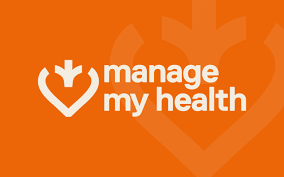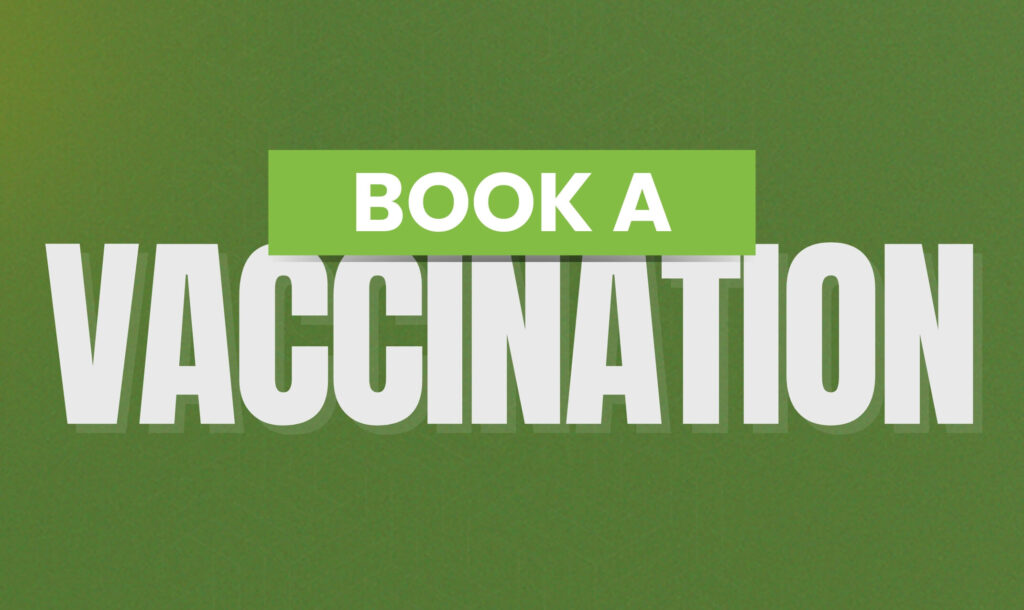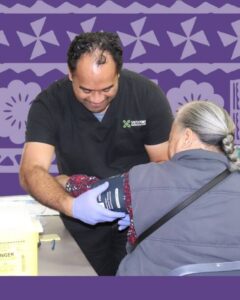
Measles is an infectious disease, caused by a virus that resides in the nose and throat mucus of an infected person. It spreads when the infected person coughs or sneezes, and due to its airborne nature, it is highly contagious.

Measles symptoms usually appear about 10-14 days after exposure – so for that amount of time, you could have no idea you’ve got it.
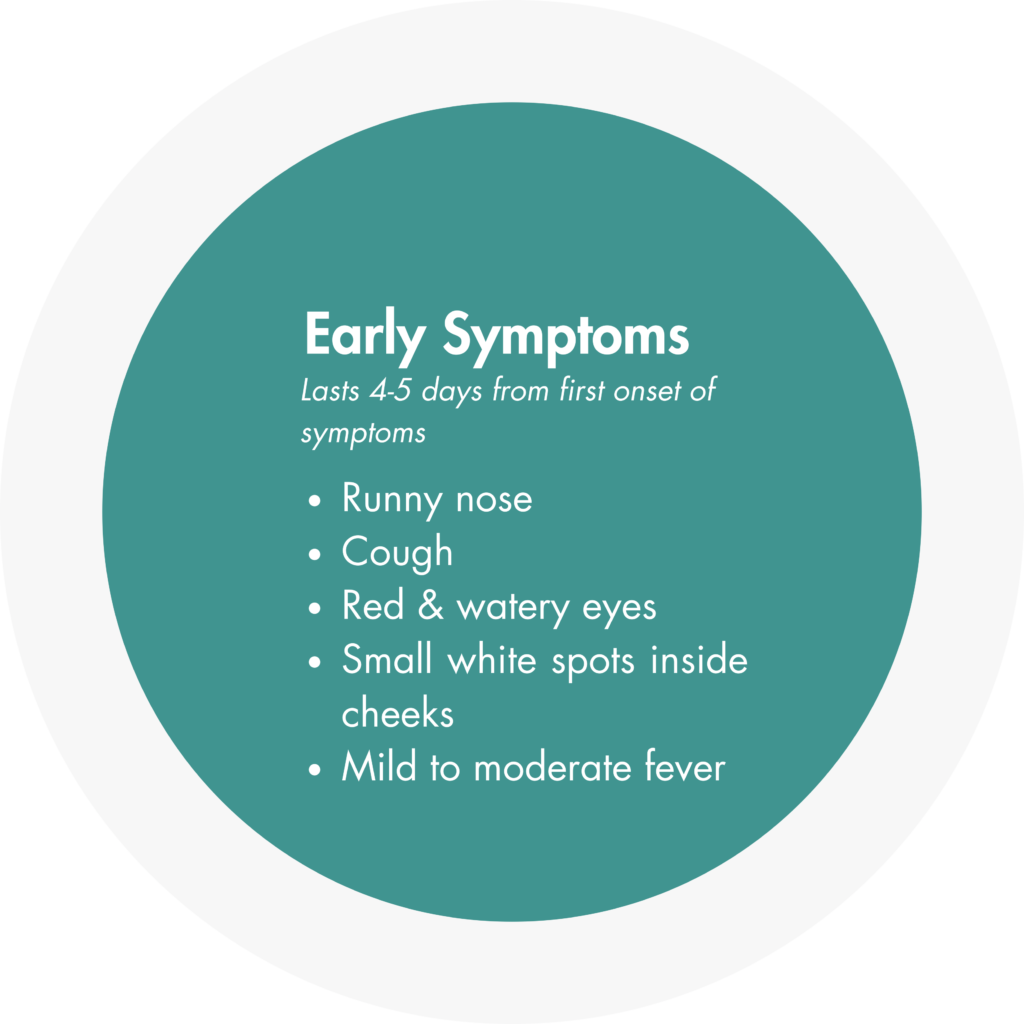
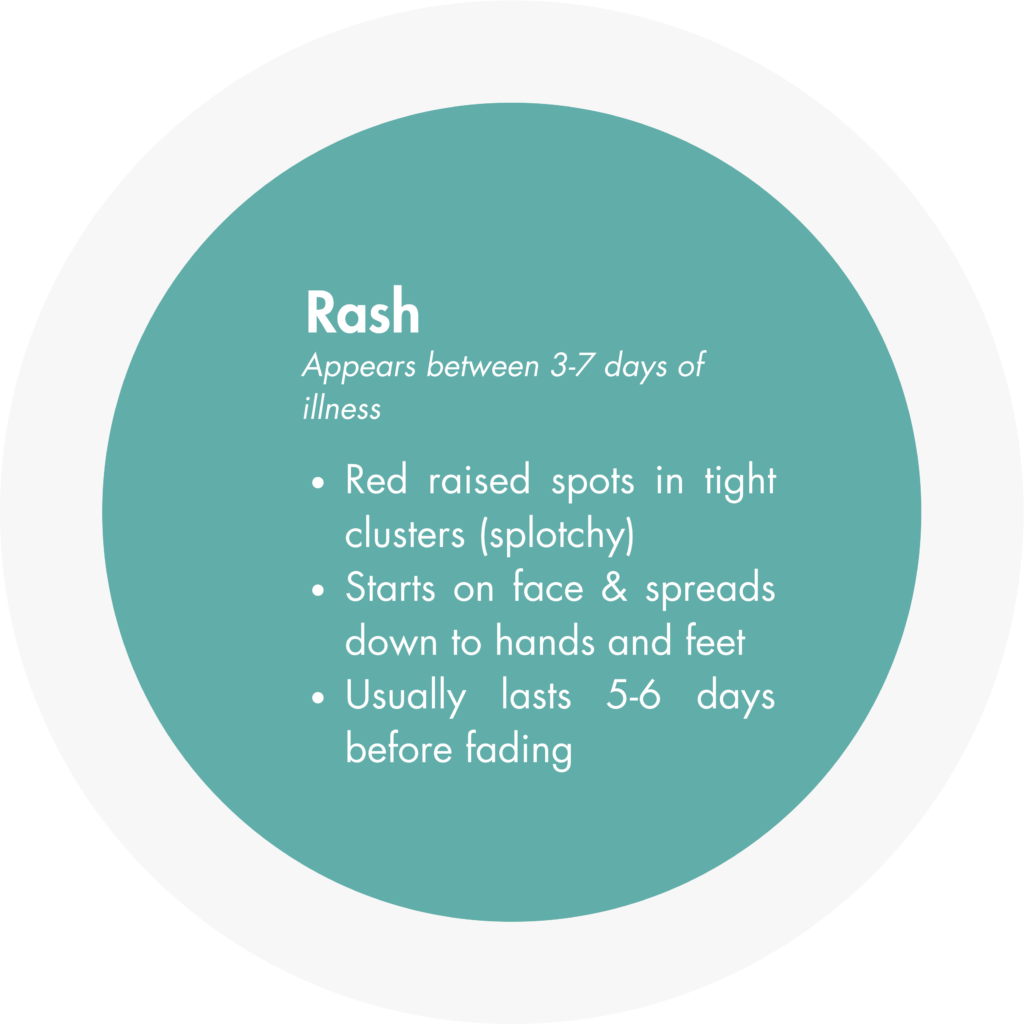
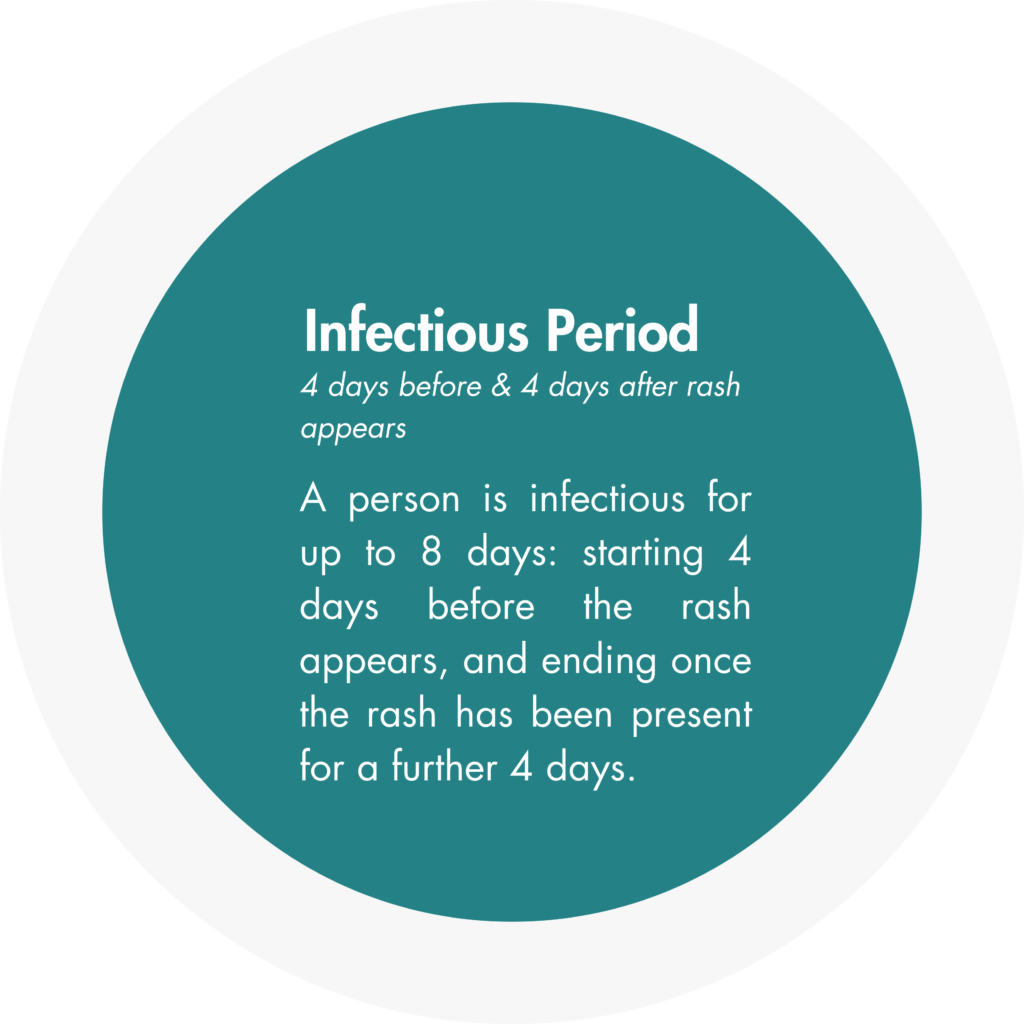
Click to expand
First Stage
Once symptoms start to appear, they usually begin with one or more of the following;
- runny nose
- cough
- red and watery eyes
- small white spots inside mouth
- mild to moderate fever
These early symptoms usually last around 4-5 days.
Second Stage
A rash appears between 3-7 days of illness, starting on the face, moving behind the ears and down the body to the hands and feet. The rash tends to last around 5 to 6 days, before it begins to fade.

Measles is caused by a virus, and so there is no dedicated medicine or antibiotic to treat it – the disease has to run its course.
Symptoms can be relieved with paracetamol or ibuprofen at the recommended doses, to treat the fever and body aches. It is advised that fluid intake is increased to avoid dehydration – water and electrolytes are best.
The most effective way to remove eye discharge is by using a damp cotton ball. Additionally, relief can be provided with eye drops – please consult with your healthcare provider first beforehand.
Vitamin A has also been proven to be effective in preventing eye damage.

Measles itself can make people feel very unwell, and typically leaves people bedridden as their body attempts to recover.
However, complications from measles are very dangerous and life threatening, and include the following:
- eye problems and blindness
- encephalitis (an infection causing brain swelling – rare but can cause brain damage or death)
- intense diarrhoea and dehydration
- sore ears or ear infections
- extreme breathing problems
- pneumonia
Measles can pose serious risks when contracted during pregnancy, potentially endangering both the mother and her baby. It can increase the likelihood of miscarriage, premature labour and low birth-weight in babies.
It’s important to note that complications are most frequently seen in children under 5 years old and adults over the age of 30 years old. Children who are lacking essential nutrients like vitamin A, or those with weakened immune systems are more susceptible to complications.
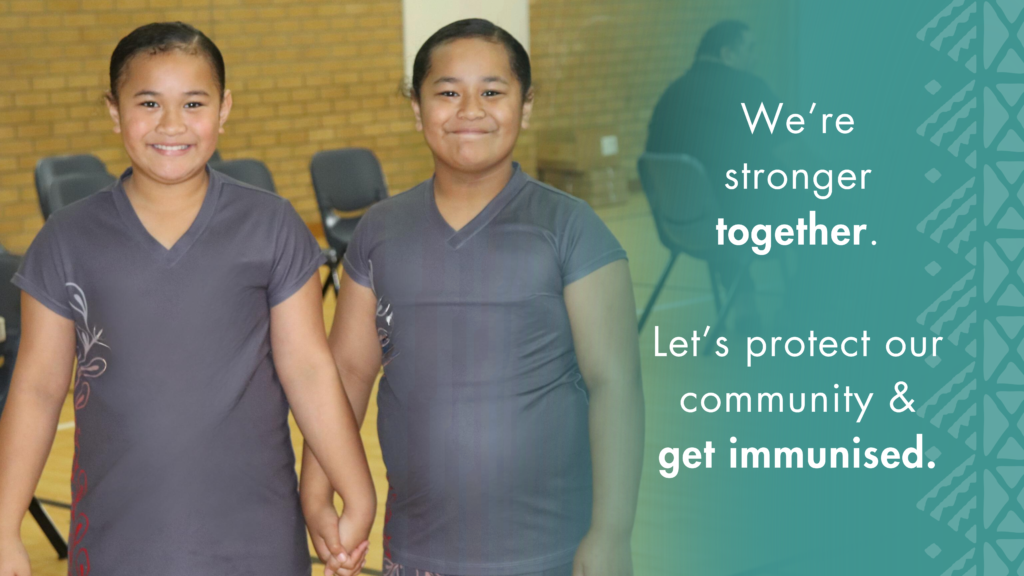

The best and most effective way to ensure protection against measles is vaccination. This will not only protect you and your family – it also helps to prevent the spreading of the virus within the community.
There are two doses of MMR vaccine given: the first provides a 95% chance of protection, and the second will increase that number to 99%. Not many fully vaccinated people catch measles, but if they do, their illness is usually less severe, and they’re less likely to spread it to others.
Vaccination is available at no cost for individuals under the age of 18 and for those over 18 who qualify for free healthcare services in New Zealand.
If you are unsure whether or not you’ve received this vaccine, contact your healthcare provider to check for you.

If you or someone in your whānau is experiencing measles symptoms or suspects they have measles, it’s advisable to reach out to your healthcare provider first. They can then provide guidance on the best course of action, such as directing you to a specific area for infected individuals or arranging a visit to your car, to prevent disease transmission.
What do I do if my baby or child has measles?
Stay at home, and keep your child from going to school or daycare to avoid spreading measles. If your child is not eating or drinking, has fewer wet nappies than usual, has difficulty breathing, is hard to wake, contact your doctor immediately.

It is not recommended that you get the measles (MMR) vaccine if:
- You’re pregnant
- You have experienced a severe allergic reaction to MMR previously
- You are immunocompromised.
Book a vaccination with our nurse, or use our contact form to find out if you’re unsure if you’ve received it before.
For more information about the MMR vaccine, visit Immunisation Advisory Centre of New Zealand
Please refer to the locations of interest to check if you have been anywhere near reported active cases.
For more information and data about measles, visit https://healthify.nz/health-a-z/m/measles/
